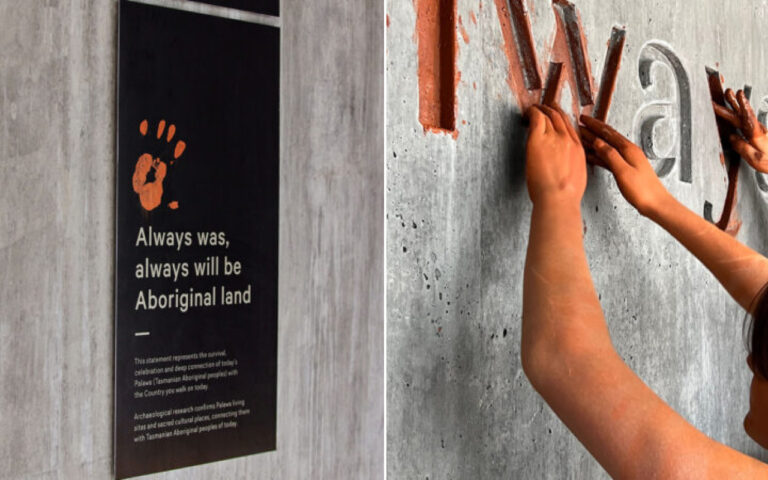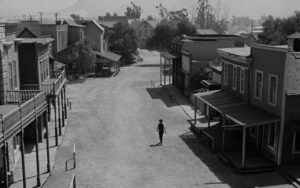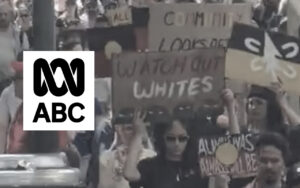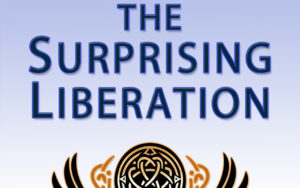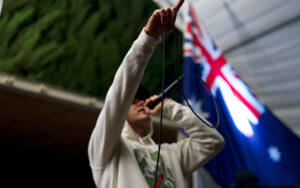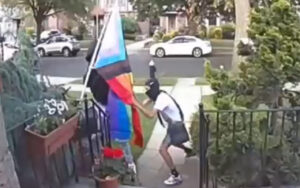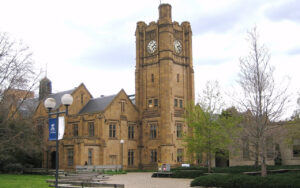Visitors to world-famous Tasmanian tourist drawcard Cradle Mountain are being forced to walk past signage bearing a radical leftist anti-Australian slogan.
The Dove Lake Shelter at the Cradle Mountain Visitors Centre in the UNESCO-listed Tasmanian Wilderness World Heritage Area contains the ahistorical and inaccurate phrase “Always was, always will be aboriginal land”, which is regularly used by far-left activists to deny Australian sovereignty.
The slogan is etched into a wall in large lettering, and also appears on an information sign nearby declaring that the controversial phrase “represents the survival, celebration and deep connection” of local aboriginal people with the land.
One recent visitor has raised the issue with the Tasmania Parks and Wildlife Service in a complaint seen by Noticer News about the display’s effect on social cohesion, its historical and scientific inaccuracy, and the “inappropriateness” for government use.

“I was initially surprised to see this form of activist language featured so prominently within a government-managed space. Upon reflection, I became increasingly disappointed by its lack of historical accuracy and its unsuitability in fostering a genuine sense of inclusion,” they wrote.
“I am saddened to say that, while walking around the lake, I did not feel welcomed by language so often associated with activist rhetoric rather than unifying public messaging.
“The phrase ‘always was, always will be aboriginal land’ is scientifically inaccurate. The geological and archaeological record shows that the Australian landmass predates human habitation by tens of millions of years. Human settlement, though ancient and continuous, dates back approximately 60,000 years. To suggest Aboriginal peoples held title or custodianship of the land from the beginning of time is, with respect, a conflation of deep history with political sloganism.
“Government authorities, particularly those charged with stewardship of our natural and cultural heritage, ought to employ language that is historically grounded, inclusive, and consistent with principles of public accountability.”
The complainant, who said they wish to remain anonymous “given the near-unquestionable and at times quasi-religious status afforded to matters concerning indigenous affairs in contemporary discourse” went on to request a review of the signage.
“I sincerely hope that those charged with the stewardship of Tasmania’s public spaces and cultural messaging are willing to engage with this issue through a principled, values-based lens—one that promotes genuine inclusion, is historically and scientifically accurate, and ensures that all visitors feel welcome,” they wrote.
“This includes the use of culturally appropriate language that unites rather than divides, aligning with the standards applied to other official government assets in Tasmania and throughout Australia.”
They also intend to raise the issue with the Department of Natural Resources and Environment Tasmania, and the Minister for Parks and Minister for Sport and Events.
Header image credit: SEGD.
